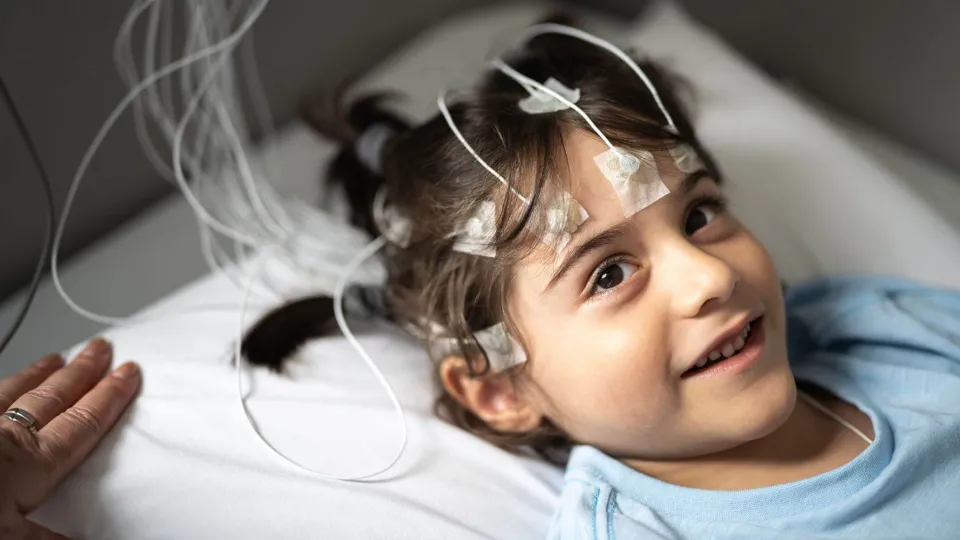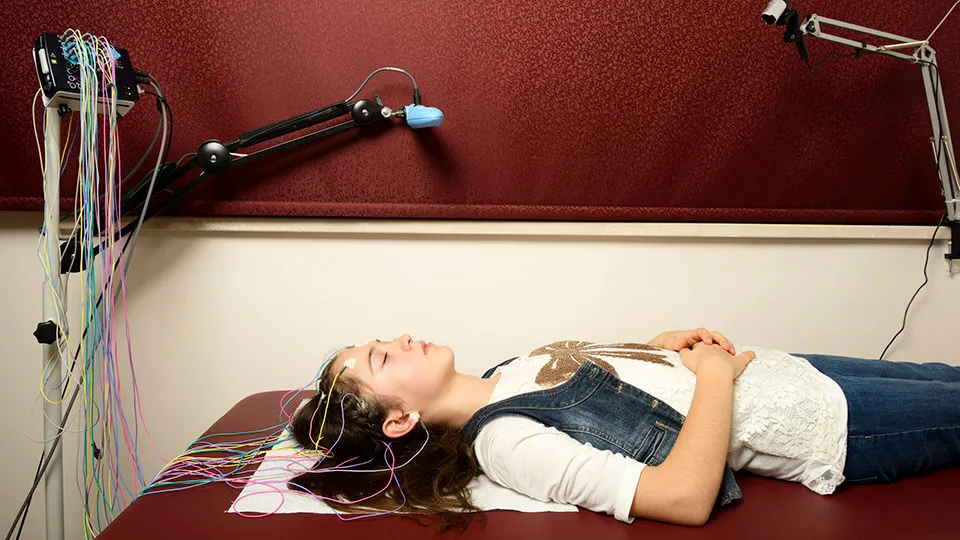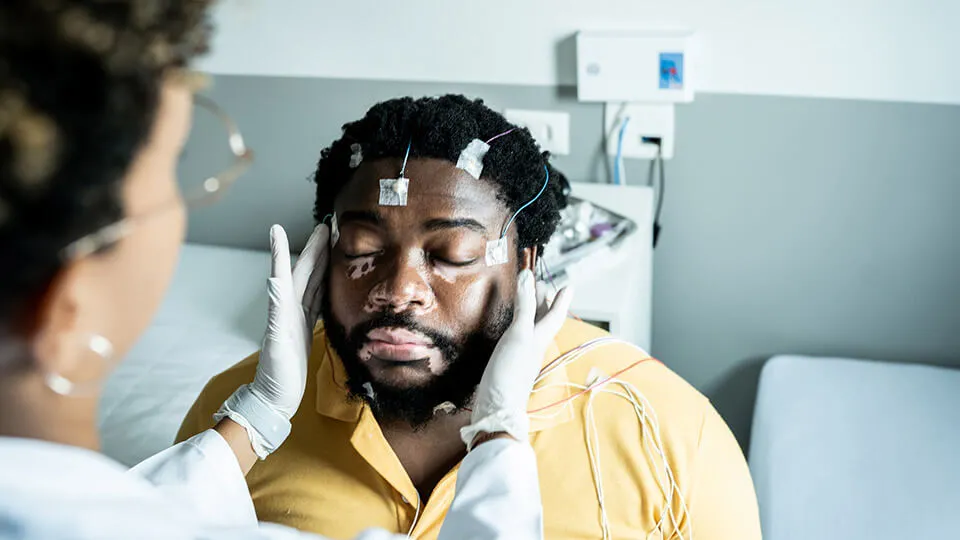
When you're working hard to complete your health care degree while keeping up with other responsibilities, it's easy to cut back on sleep when your schedule is seemingly too busy.
If you're not logging enough sleep at night, you're not alone. Recent studies show that more than one-third of Americans aren't getting the seven hours of sleep they need.
At Concorde, we realize how important sleep is to our students. Sleep isn't just important for your health, it's essential to your performance in school and on the job.
If you're skimping on sleep, here's a closer look at what can happen when you don't get the sleep your body needs.
1. Increased Risk of Heart Disease
When you don't get the sleep you need, your body ends up in fight-or-flight mode, and the adrenaline raises blood pressure and heart rate. Whether you intend to, this causes wear and tear that increases your risk for heart disease.
When you can't fall asleep or you put off sleeping, the body starts to prepare for being up longer by requiring energy from high-calorie foods.
As you continue consuming high-calorie foods to satisfy your body, you can gain weight, making it more likely that you may be forced to battle high blood sugar, high cholesterol, and high blood pressure, which all increase the risk of heart disease.
2. Emotional Distress
Going without proper sleep has the potential to result in emotional distress, especially when you're not getting enough deep, REM sleep.
Unfortunately, the emotional distress that often comes with a lack of sleep can create a cycle of insomnia (1).
The more you miss out on sleep, the higher your risk that you'll continue this dangerous cycle. The results might manifest themselves as emotional distress or as future mood and psychological disorders, such as depression.
3. Damage to Cognitive Processes
Lack of sleep also damages cognitive processes, since sleep is essential to learning and thinking. When you don't get enough sleep, problem-solving, concentration, attention, reasoning and alertness all are impaired, making it more difficult to learn efficiently.
While you're sleeping, various parts of the sleep cycle are essential to consolidating your memories, and if you fail to get enough sleep at night, you'll have a harder time remembering what you experienced and learned during the day.
4. Depresses the Immune System
During sleep, the immune system goes to work producing protective cytokines, cells, and antibodies that fight infection. These tools are essential to fighting off viruses, bacteria, and other foreign substances.
If you're not getting enough sleep, the immune system doesn't get the chance to produce these essential tools, which means your body will have a more difficult time fighting off invaders. This might increase your risk for chronic illnesses and could make it take longer for you to recover from an illness.
Sleep deprivation has serious health consequences, so it's important to make sleep a priority.
Here's a thought: Are you passionate about the importance of quality sleep? With so many Americans dealing with sleep deprivation and sleep disorders, a career as a polysomnographic technologist is a promising career choice.
It offers you the chance to help patients dealing with sleep disorders, enabling them to improve their quality of life and their overall health.
Footnotes
1. https://healthfinder.gov/News/Article/707837/poor-rem-sleep-may-be-linked-to-higher-risk-for-anxiety-depression
Take The Next Step Towards a Brighter Future
Interested in learning more about our Polysomnographic Technology program?
We have a Concorde representative ready to talk about what matters most to you. Get answers about start dates, curriculum, financial aid, scholarships and more!







